A new chip factory is set to be established in Türkiye’s central province of Sivas in July with an investment of approximately $400 million (TL 15.50 billion), supporting hundreds of jobs and advancing manufacturing domestically.
The facility will produce semiconductors and solar cells, and is expected to begin full-scale mass production in the fourth quarter of 2026.
Elin Energy, one of five companies receiving grants through the Ministry of Industry and Technology’s HIT-30 High-Tech Incentive Program, is spearheading the project, which is expected to create 1,500 jobs.
Elin Energy President Arda Yalı said in a recent interview with Anadolu Agency (AA) that the facility will have a production capacity of 5 gigawatts (GW).
The project aims to meet Türkiye’s growing demand for semiconductors and solar cells, while also supporting export goals, particularly to the U.S.
Yalı noted that reciprocal 10% base rate tariffs between Türkiye and the U.S. will boost the competitiveness of “Made in Türkiye” products.
He explained that the Turkish market’s annual cell capacity needs can reach up to around 6 to 7 gigawatts, and pointed out that the U.S. domestic market is “at the 60 gigawatt level.”
“We want to export most of the cells to be produced at the new chip factory, and we’re implementing this investment to use 2 gigawatts in Türkiye and 3 gigawatts to be sent to the U.S.,” he said.
“The investment consists of two phases: first, we will have approximately 2 gigawatts of capacity operational in Türkiye, and second, while that capacity is up and running, we will produce 3 gigawatts,” he added.
Yalı stated that the facility will begin full-scale mass production in the fourth quarter of 2026.
“The reason why we chose the province of Sivas is because the chip factory consumes a significant amount of water and the facility takes up 220 acres of space,” he said. “Additionally, Sivas has a university of its own, and its students can provide labor after a certain point.”
“In large cities, the industry is so developed that it is no longer easy to find blue-collar workers, but the facility in Sivas is very close to the city center, and the city’s industrial zone is close to the university,” he noted.
Türkiye is still a solar cell importer, but the factory we will establish will meet nearly 70% of the cell imports,” Yalı said, adding that they will be announcing a technology partner soon that will further strengthen their competitive edge.
“Türkiye will no longer need to import solar cells within the next three to four years, and it will become an exporter of solar cells instead,” he added.

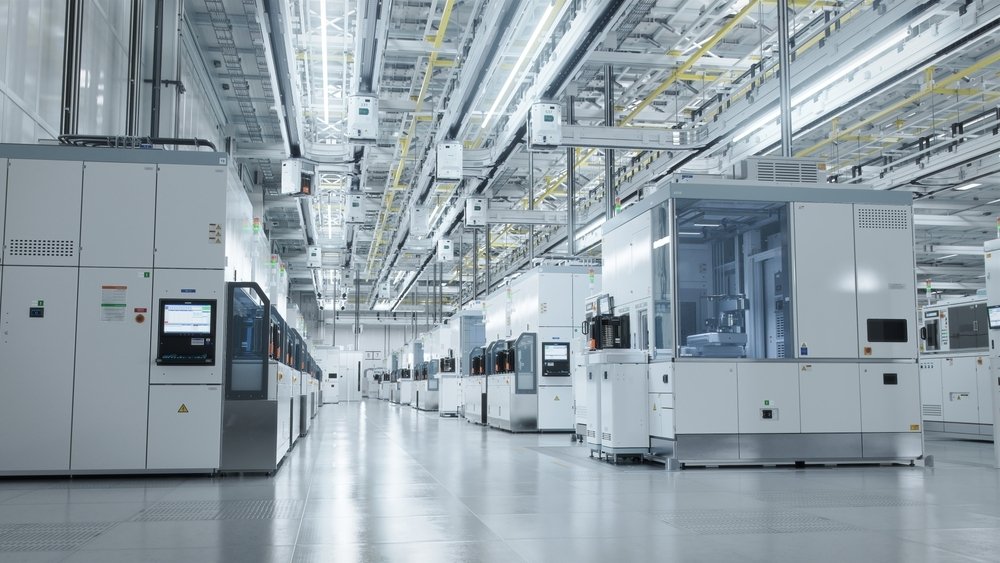
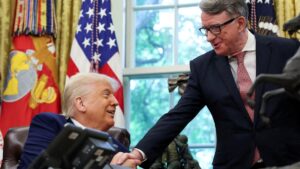



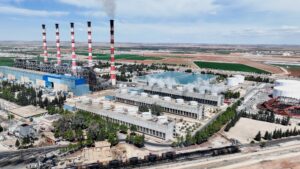
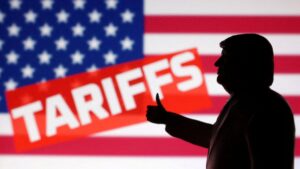
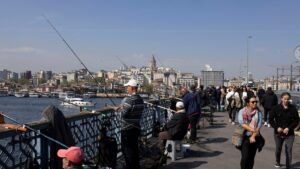

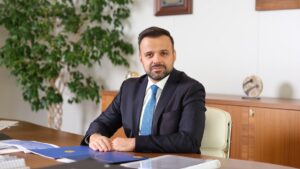

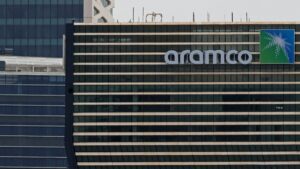


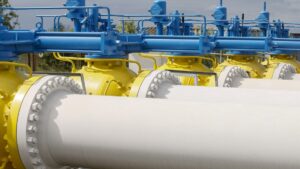


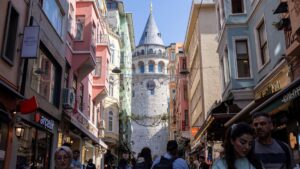
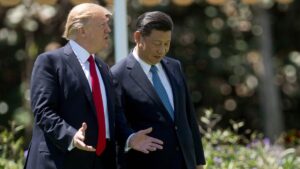
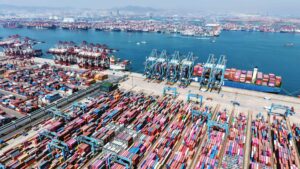
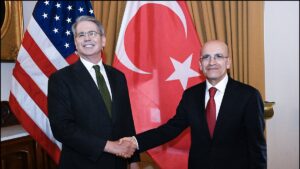
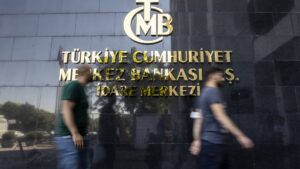
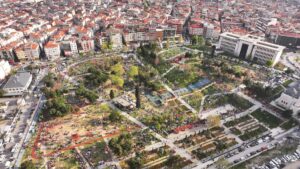

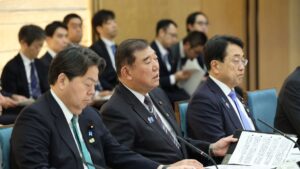
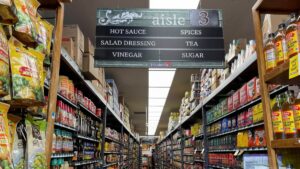

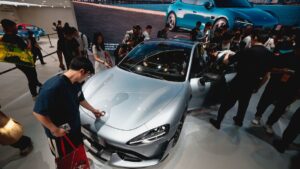
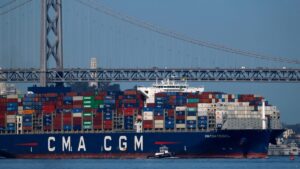
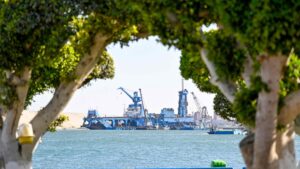


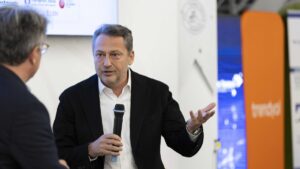



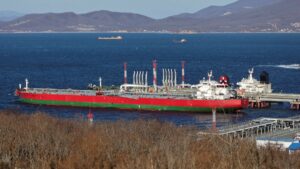
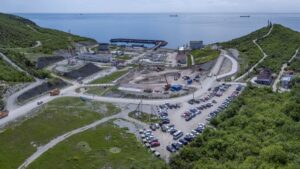
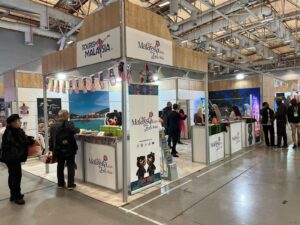
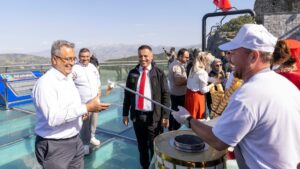


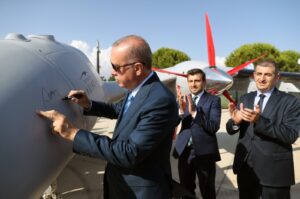



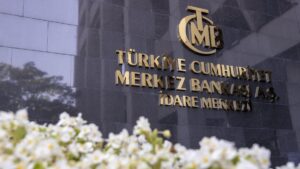

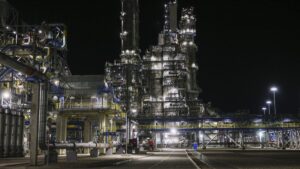
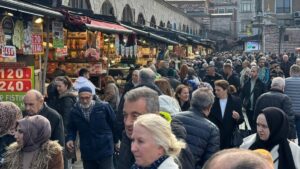

Be First to Comment